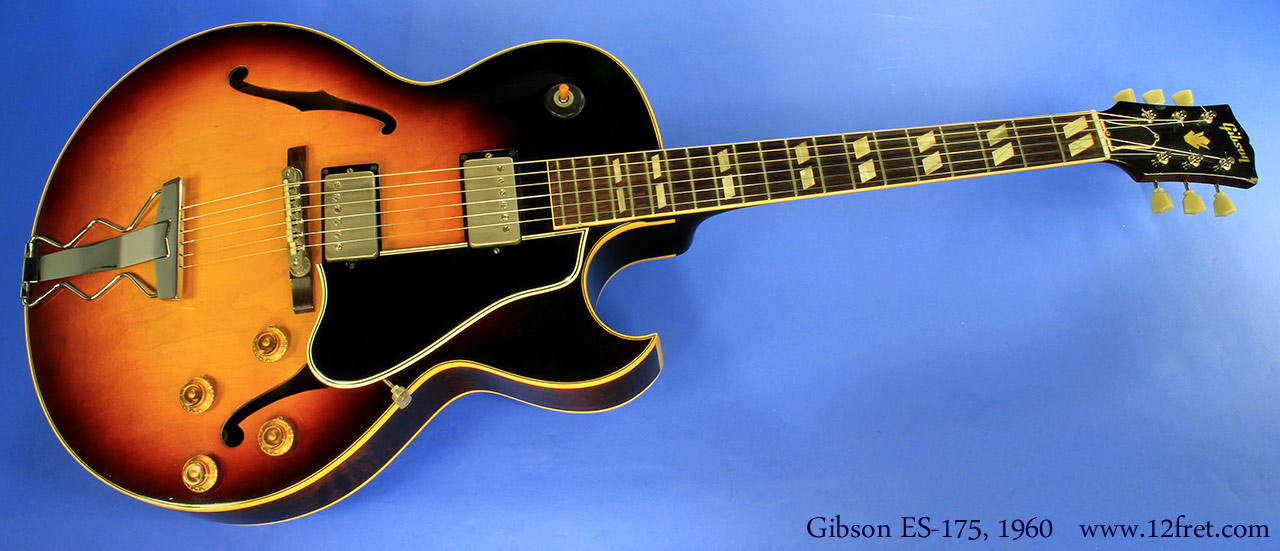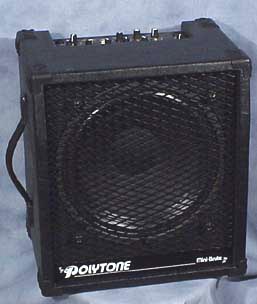chemobrain
Friend of Leo's
Ah, remember when life was simple and a great tone was a Gibson ES 175 plugged straight into a polytone amp and there was the 8,000-page fake book to spend a lonely winters night with.
Times were slower softer paced and richly melodic in a Be-Bop sort of way.
"Those were the good ol' days" chemobrain said sarcastically
http://valdez.dumarsengraving.com/557JazzStandards.PDF


Times were slower softer paced and richly melodic in a Be-Bop sort of way.
"Those were the good ol' days" chemobrain said sarcastically
http://valdez.dumarsengraving.com/557JazzStandards.PDF



